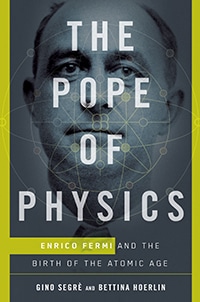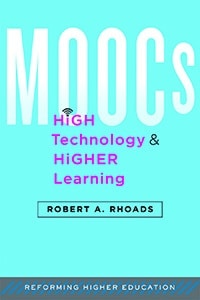Climate Engineering
The Spring 2017 Issues in Science and Technology features a special editorial package on climate engineering. The authors of these three articles believe that the seriousness of the risks posed by a warming climate means that it’s time to take a hard look at all available options for addressing the problem, including directly intervening in the climate.
From the Hill
From the Hill – Spring 2017
Trump administration outlines budget shakeup The first Trump administration budget announcement provides a partial picture of what he has in mind for science and technology spending, and the first glimpse is not… Read More

Gallery
Glass Microbiology
Luke Jerram’s multidisciplinary arts practice involves the creation of sculptures, installations, and live artworks. He lives in the United Kingdom and creates work across the globe.
Glass Microbiology is a collection of… Read More
Perspectives
Philosopher’s Corner: Does This Pro-science Party Deserve Our Votes?
Philosophers and scientists have long struggled to get the relationship between science and politics just right. The balance of opinion suggests that the two should periodically interact for mutual benefit but otherwise… Read MoreIt’s Not a War on Science
Know your enemy, Sun Tzu reminds us in The Art of War. Science is in a war, but not the one many think. To avoid costly mistakes, scientists and those who… Read MoreAlgorithm of the Enlightenment
In 2010, two researchers at Cornell University hooked up a double pendulum system to a machine learning algorithm, instructing it to seek patterns in the seemingly random data emerging from the movements… Read More
Features
Climate Change is a Waste Management Problem
The physical problem underlying climate change is very simple: dumping carbon dioxide and other greenhouses gases into the air raises their concentrations in the atmosphere and causes gradual warming. In the several… Read MoreNotes from a Revolution: Lessons from the Human Genome Project
A critical scientific effort that almost didn’t happen illustrates the need for a rigorous but flexible process to evaluate large-scale transformative research proposals. There are very few scientific endeavors that can be… Read MoreCoordinated Action Against Climate Change: A New World Symphony
A systems approach begins with limiting greenhouse gas emissions and adapting to unavoidable climate disruptions, while researching the feasibility and governability of geoengineering. According to the Intergovernmental Panel on Climate Change’s latest… Read MoreAre Moonshots Giant Leaps of Faith?
We need only compare our standards of living with those of a few generations ago, when vaccines or air travel were not widely accessible, to obtain a sense of how much the… Read MoreToward a More Diverse Research Community: Models of Success
Read MoreA forward-looking group of colleges and universities are demonstrating effective ways to educate underrepresented minorities for careers in science and engineering.
Give Bats a Break
Read MoreSearches for new viruses in bats are unlikely to contribute substantially to human health, but they may threaten the future of bats.
Toward a Responsible Solar Geoengineering Research Program
A combination of greenhouse-gas emission cuts and solar geoengineering could keep temperatures under the 1.5-degree aspirational target of the recent Paris Agreement. It could make the world cooler at the century’s end… Read More
Book Reviews

The Little Match’s Momentous Legacy
Enrico Fermi ranks among the twentieth century’s most famous physicists. He is known to the public for creating the world’s first nuclear reactor, and to fellow scientists for experiments revealing mysteries as… Read More
Confronting the Crisis in Higher Ed
It is hard to believe that only four and a half years ago, the New York Times proclaimed 2012 “The Year of the MOOC.” What a difference a day makes. Three of… Read More
